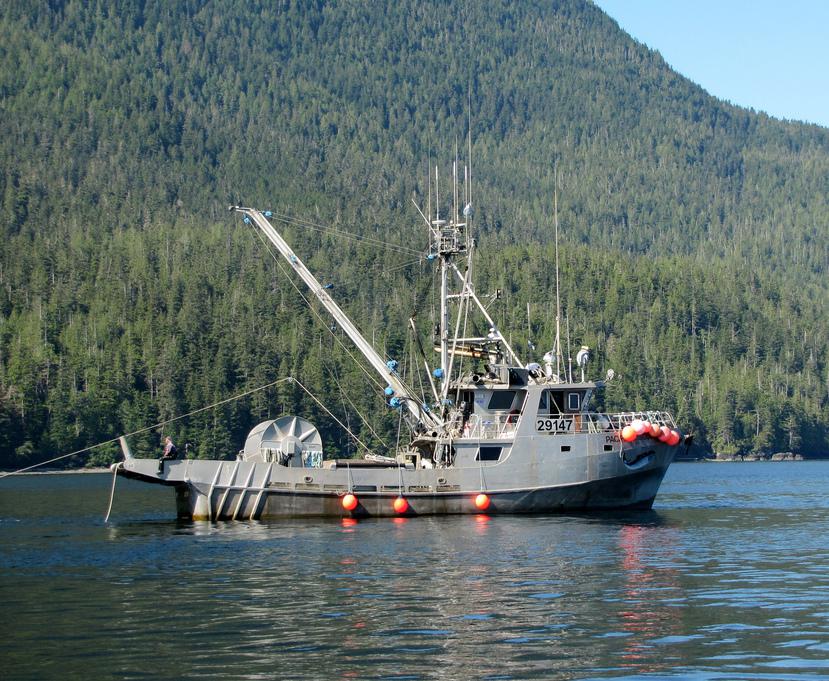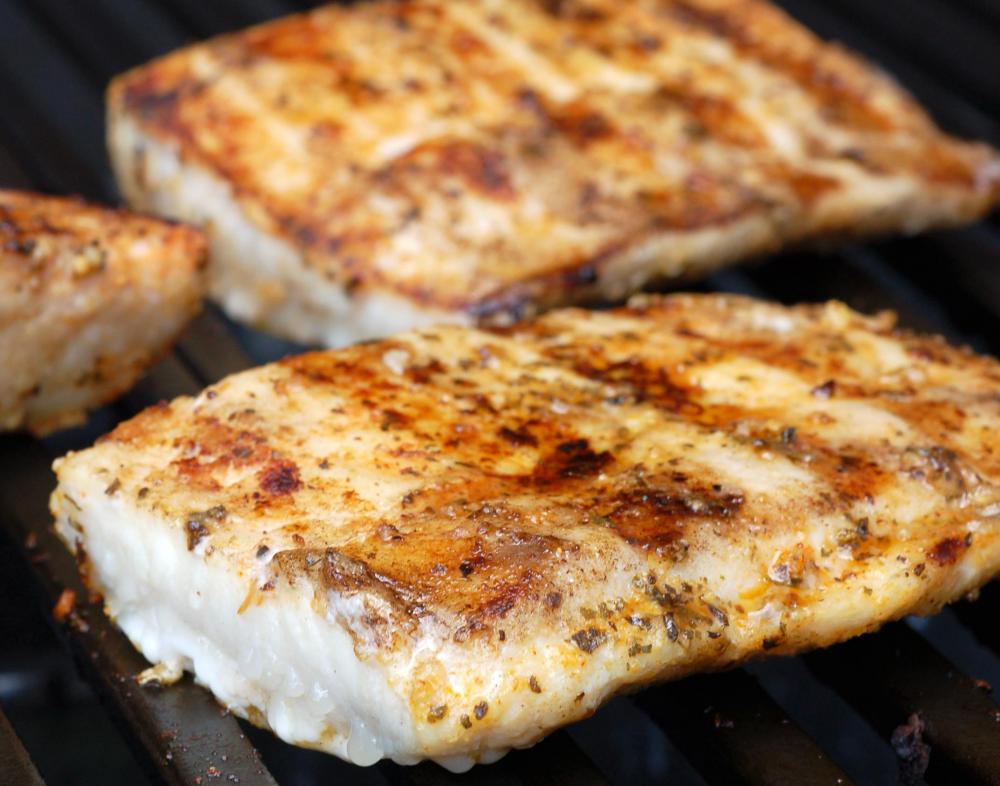At AllThingsNature, we're committed to delivering accurate, trustworthy information. Our expert-authored content is rigorously fact-checked and sourced from credible authorities. Discover how we uphold the highest standards in providing you with reliable knowledge.
What does Marine Stewardship Council Certification Mean?
The Marine Stewardship Council is an international organization based in London that aims to promote healthy and sustainable fisheries. As part of its healthy fishery program, the Marine Stewardship Council offers certification to fisheries and has an extensive education campaign to encourage consumers to think about the source of their fish. Marine Stewardship Council certification is the result of a series of inspections and continued monitoring, and indicates to consumers that the marine product they are purchasing was produced with healthy and sustainable aims in mind.
Overfishing only became recognized as a serious problem in the 1980s, when many formerly plentiful fisheries began to experience serious declines in stocks. A number of species, including orange roughy and Chilean sea bass, had been driven to the brink of extinction by heavy fishing practices. In addition to endangering the marine environment, overfishing also hurt small fishing operations, which could not afford deep dredging factory ships to get at dwindling fish stocks.

The Marine Stewardship Council arose in response to this issue, in an effort to convince individual consumers that they could help to assure the health of the marine environment. The Marine Stewardship Council was established in 1997 as a cooperative venture between Unilver, one of the world's largest producers of seafood products, and the World Wildlife Federation. In 1999, the Marine Stewardship Council became an independent organization and achieved nonprofit status.

The Marine Stewardship Council believes that consumers are concerned about overfishing, not least because it affects the price of fish at the table. As a result, the council rewards sustainable fishing with labeling that indicates the fish has come from a Marine Stewardship Council certified fishery. The Marine Stewardship Council uses third party organizations called certification bodies to inspect, monitor, and certify fisheries. Fisheries interested in Marine Stewardship Council certification apply voluntarily for inspection and agree to abide by certain principles in return for certification.
Marine Stewardship Council certification begins with the overall condition of the fish stock. It must be determined whether there are enough healthy fish in a range of ages for fishing to be sustainable. If this criterion is satisfied, the certification body looks at the impact of the fishery on the marine environment, including other species of fish, mammals, and plants in the vicinity. Finally, the Marine Stewardship Council looks at fishery practices, including policies, management procedures, and education. If the criteria are satisfied, the fishery will be certified.
Consumers can look for the distinctive blue label with a white check mark on fish products to see if they are certified by the Marine Stewardship Council. In addition, they can participate in educational programs such as Seafood Watch, sponsored in part by the council. Using information provided about which fish are sustainable to eat, consumers can make informed choices about their food and the impact it has on the marine environment.
Frequently Asked Questions
What is the Marine Stewardship Council (MSC) Certification?
The MSC Certification is a globally recognized eco-label that signifies a seafood product has been sourced from a fishery that practices sustainable fishing methods. This ensures that fish populations and ecosystems remain healthy for future generations. The certification process involves rigorous assessment against the MSC Fisheries Standard, which evaluates the sustainability of the fishery's practices.
Why is MSC Certification important for marine conservation?
MSC Certification is crucial for marine conservation as it promotes responsible fishing practices that minimize environmental impact. According to the MSC, certified fisheries must continuously meet strict standards to prevent overfishing, reduce bycatch, and maintain the structure, productivity, and function of the ecosystem. This helps protect marine biodiversity and ensures the long-term viability of fish stocks.
How does a fishery obtain MSC Certification?
To obtain MSC Certification, a fishery must undergo a comprehensive assessment conducted by an independent third-party. This process evaluates the fishery's operations against three core principles: sustainable fish stocks, minimizing environmental impact, and effective fishery management. If the fishery meets the MSC's stringent criteria, it can be certified for five years, with annual audits required to ensure ongoing compliance.
Can consumers trust MSC-labeled products?
Consumers can trust MSC-labeled products as they are sourced from fisheries that have been independently verified for sustainability. The MSC's Chain of Custody Standard ensures that seafood bearing the MSC label is traceable from boat to plate, preventing any mixing with non-certified products. This level of transparency and accountability is designed to give consumers confidence in their seafood choices.
What impact has MSC Certification had on global fisheries?
MSC Certification has had a significant impact on global fisheries by incentivizing sustainable practices. As of 2021, the MSC reported that over 17% of global marine catch comes from MSC certified fisheries. This has led to improvements in fishing methods, bycatch reduction, and the recovery of certain fish populations, contributing to healthier oceans and a more sustainable seafood market.
Are there any criticisms of the MSC Certification program?
While widely respected, the MSC Certification program has faced criticisms, including claims that it may be too lenient on some fisheries and that the certification process can be costly, potentially excluding smaller-scale fisheries. Critics argue for continuous improvement of the standards and greater accessibility to ensure the program's integrity and inclusivity for all sustainable fisheries.
AS FEATURED ON:
AS FEATURED ON:












Discuss this Article
Post your comments